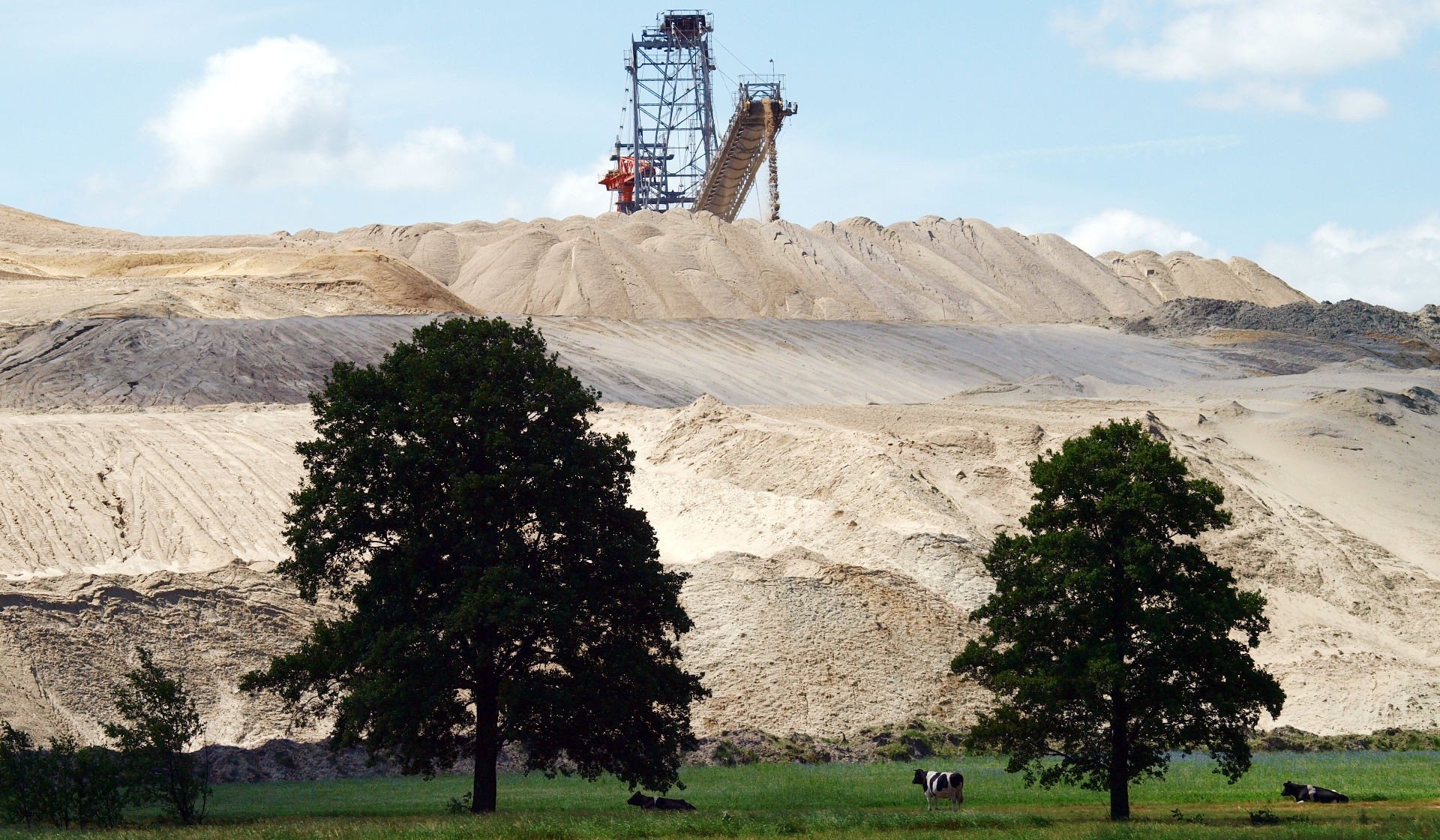There is a political shift in Poland. The right leaning parties have won the general elections: this means that the centrist Civic Platform (PO) – after eight years of ruling – has turned into the opposition again. As Michał Olszewski warns, this could lead to a number of severe consequences for the Polish political landscape, however, there are also some possibilities of shaping environmental policy, both nationally and internationally.

If Polish conservatives continue to treat ecological issues as a bizzare idea made up by long-haired freaks they will not be part of this political discussion. (Photo by Krzych.w, modified, CC BY-SA 4.0)
Until recently, the case was clear: the Polish conservatives treated the ecology issue as an unwanted child. Politicians of the main conservative party – Law and Justice (PiS) – stood shoulder to shoulder with the miners, recognising the signing of the EU climate agreement as the most significant mistake, which would ruin Polish mining, energy and heavy industry. Environmentalists were seen as traitors, Russian spies and public enemies.
The conviction that Poland should denounce the EU climate agreement still forms a big part of the political beliefs of the PiS. However, other voices on this issue can increasingly be heard on the right side of the political spectrum. An important indication for this shift was the signing of the „Anti Smog Act” by the right-wing president Andrzej Duda. It caused euphoria among environmentalists, who have been trying to inform public opinion on the terrible Polish air quality for years. A prominent conservative politician declared that environmental protection was not a EU’s fantasy, but a political necessity. Does the decision mark a breakthrough in conservative thinking about environmental protection, or is it solely a „political accident”? One should be careful with one’s euphoria because the PiS and its constituencies are too deeply linked to the mining union for whom environmental protection is part of an EU conspiracy. President Duda himself campaigned on the notion that decarbonization means economic hardship for Poland.
But this is not everything. Klub Jagielloński, one of the right leaning think-tanks in Poland recently published an article”Do not leave the ecology to the left”, written by Paweł Musiałek. His views are worth paying attention to, because they look like a re-examination of the ecological conscience of Polish conservative parties. He recognizes the fundamental error committed by the right leaning parties, which assumed that the ecology issue is solely an issue for the left leaning parties. “A large part of the right leaning parties did not want to hear the arguments of the ecologists and leftists. Instead, they saw green ideas treated similarly to those ideas of feminists and pacifists” – admits Musiałek.
What then is Musiałek proposing? “The right leaning parties must get used to the ecology issue, and then put it in a common sense framework. We cannot afford to leave such an important topic to leftist ideologues” – he writes.
What has changed the attitude of Polish conservatives towards the ecology issue? They have probably just realized that one cannot debate the energy issue without talking about renewable energies; air pollution issues have to be solved on different levels – both in Brussels and in small villages. Last but not least: the ecology issue is at the heart of the European debate. If Polish conservatives continue to treat it as a bizzare idea made up by long-haired freaks they will not be part of this political discussion.
Has this been translated into practice yet? Not yet. Two days after the election, president Andrzej Duda vetoed the ratification of the Doha amendments to the Kyoto Protocol. Why? The president believes that such a decision should be preceded by an analysis of the legal and economic implications. In a less diplomatic language: the president made a significant gesture towards those for whom the ecology issue is a Russian conspiracy and the devil incarnation.
Michał Olszewski (born 1977) – journalist, reporter, writer. For more than twelve years he worked for Gazeta Wyborcza and Tygodnik Powszechny, where he concentrated mostly on environmental issues. He is engaged in a Krakow-based campaign against air pollution.
Sxcoal reports the possible (temporary?)closure of Polish coal mines due to a market oversupply:
http://en.sxcoal.com/165/134696/DataShow.html
Any news on this issue?
The Polish government wants to subsidize the national coal prices:
http://www.reuters.com/article/poland-coal-idUSL8N13T2YO20151204
Where do they store the coal and for how long? It lasts a long time, has a long shelf live. Provided it is stored in old mine shafts …:)
Will they shovel it back?